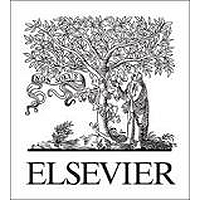The word "ontology" was introduced to information systems when only closed-world reasoning systems were available. It was "borrowed" from philosophy, but literal links to its philosophical meaning were explicitly disavowed. Since then, open-world reasoning systems based on description logics have been developed, OWL has become a standard, and philosophical issues have been raised. The result has too often been confusion. The question "What statements are ontological" receives a variety of answers. A clearer vocabulary that is better suited to today's information systems is needed. The project to base ICD-11 on a "Common Ontology" required addressing this confusion. This paper sets out to systematise the lessons of that experience and subsequent discussions. We explore the semantics of open-world and closed-world systems. For specifying knowledge bases and software, we propose "invariants" or, more fully, "the first order invariant part of the background domain knowledge base" as an alternative to the words "ontology" and "ontological." We discuss the role and limitations of OWL and description logics and how they are complementary to closed world systems such as frames and to less formal "knowledge organisation systems". We illustrate why the conventions of classifications such as ICD cannot be formulated directly in OWL, but can be linked to OWL knowledge bases by queries. We contend that while OWL and description logics are major advances for representing invariants and terminologies, they must be combined with other technologies to represent broader background knowledge faithfully. The ICD-11 architecture is one approach. We argue that such hybrid architectures can and should be developed further.

On beyond Gruber: "Ontologies" in today's biomedical information systems and the limits of OWL
Review badges
0 pre-pub reviews
0 post-pub reviews